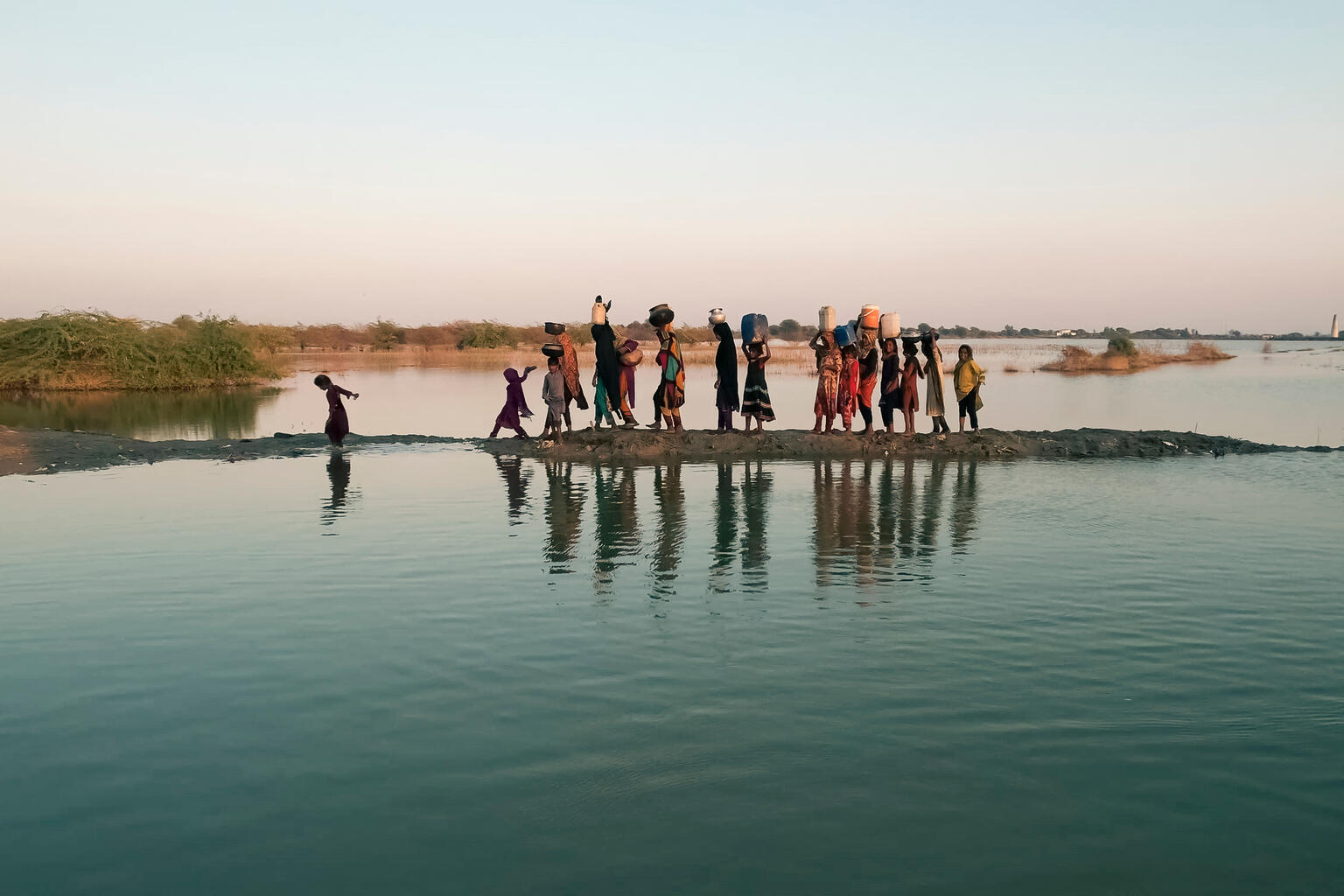A Threat to Progress: Confronting the effects of climate change on child health and well-being
Children are disproportionately affected because they are uniquely vulnerable to environmental hazards compared to adults. The interplay of physiological, psychosocial and behavioural factors and dependence on caregivers renders children more susceptible to the detrimental health impacts of climate change. Therefore while the world has made remarkable progress in reducing the number of deaths in children under 5 in the last few decades, climate change threatens the progress to date on child health and well-being.
The report finds that climate change is impacting almost every aspect of child health and well-being from pregnancy to adolescence. The health impacts compound as children face climate-related hazards that often overlap. In addition, health impacts are worsened by multipliers also affected by the climate hazards, such as water scarcity and food insecurity.
As countries strengthen their efforts towards climate action, placing children’s needs and rights at the forefront of the response to the climate crisis is about current and future generations having the opportunity to survive and thrive.
The growing evidence on the impacts of the climate crisis on children often presents the effects of individual hazards, but rarely on the unique vulnerabilities of children, and often lacks strong and actionable policy recommendations. This report addresses these challenges by bringing together existing evidence in a comprehensive ‘stocktake’ of the existing evidence for the impacts of the climate crisis on children and making specific recommendations to address these challenges.
This synthesis has been authored by UNICEF and Karolinska Institutet, with support from a range of experts working to improve climate and health outcomes. The report is available in English, French, Spanish and Arabic.
